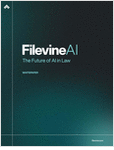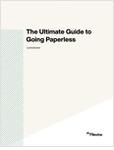The USA Patriot Act, enacted the month after the attacks of September 11, 2001, spawned a number of businesses. For me, as an expert in Fourth Amendment law, it meant teaching continuing education classes to lawyers and judges who realized that the Patriot Act’s modifications to previous law were relevant not only to those who practiced criminal law but to practically every lawyer.
When I spoke at a seminar on the Patriot Act for the Texas Bar Association, for example, a poll of the audience revealed that some lawyers were attending because they represented “financial institutions”—a term now defined so broadly that it includes not only banks and stockbrokers, but also car rental agencies, casinos, jewelers, and “persons involved in real estate closings or settlements.” The Patriot Act imposed new reporting requirements on all these businesses, as well as special requirements for them to check watch lists to ensure that they were not doing business with individuals or entities the government suspected of having some sort of connection with terrorism.





